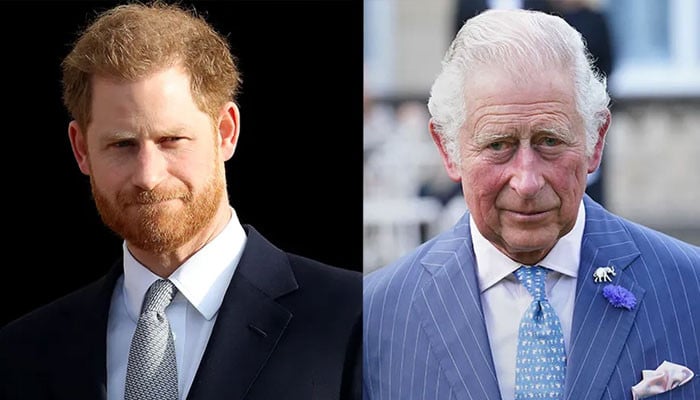South Korea’s opposition party will attempt to impeach Yoon Suk Yeol for declaring marital law this weekend.
The news came as the country’s defence minister – said to be a key figure in the martial law order – resigned.
Days after South Korea was plunged into its biggest political crisis since the 1980s, a spokesperson for the country’s main opposition Democratic Party said it planned to hold a vote on impeaching the president at 7pm on Saturday (10am in the UK).
Democratic Party MP Kim Seung-won said at a parliament session early on Thursday that the martial law order “caused great confusion and fear”.
“The people and the aides who protected parliament protected us with their bodies. The people won, and it’s now time for us to protect the people,” he said.
“We need to immediately suspend the authority of President Yoon. He has committed an indelible, historic crime against the people, whose anxiety needs to be soothed so that they can return to their daily lives.”
The National Assembly can impeach the president if more than two-thirds of the parliament vote for it, meaning 200 MPs must back the motion.
But while Mr Yoon’s People Power Party – with 108 seats in parliament – has said it will oppose removing the president, the opposition only needs eight of the party’s MPs to vote for impeachment to reach a majority.
If the impeachment bill passes, South Korea’s Constitutional Court will then decide whether to uphold the motion – a process that could take up to six months – before holding a trial.
South Korea was thrown into crisis on Tuesday after Mr Yoon told the nation in a TV address that martial law was needed to defend the country from nuclear-armed North Korea and pro-North anti-state forces, and protect its free constitutional order, although he cited no specific threats.
Troops entered the National Assembly building as police and protesters clashed outside. Politicians at one point used fire extinguishers to prevent troops from entering parliament.
Within hours, the parliament, with 190 of its 300 members present, unanimously passed a motion requiring martial law be lifted, including all 18 members present from the president’s party. Mr Yoon then rescinded the declaration.
Read more:
South Korea reels from President Yoon’s high-risk antics
Who is the president that plunged South Korea into a political crisis?
Defence minister resigns
As members of parliament pushed the impeachment motion on Thursday, the president accepted the resignation of defence minister Kim Yong-hyun – who was said to have recommended introducing martial law to Mr Yoon.
Vice defence minister Kim Seon-ho told a parliament hearing the senior minister also ordered the deployment of troops to the parliament building in the country’s capital Seoul.
He also insisted no live rounds had been provided to those troops, and added he was “fundamentally opposed” to the martial law and “expressed negative opinions about it”.
Read more from Sky News:
French PM loses no-confidence vote
Trump wants Gaza ceasefire deal – Qatari PM
According to local news outlet the Chosun Ilbo, Democratic Party senior spokesperson Cho Seung Rae added it would also file a complaint with the National Police Agency accusing Mr Yoon of sedition.
South Korea – a democracy since the 1980s – last saw a period of martial law in October 1979.
















